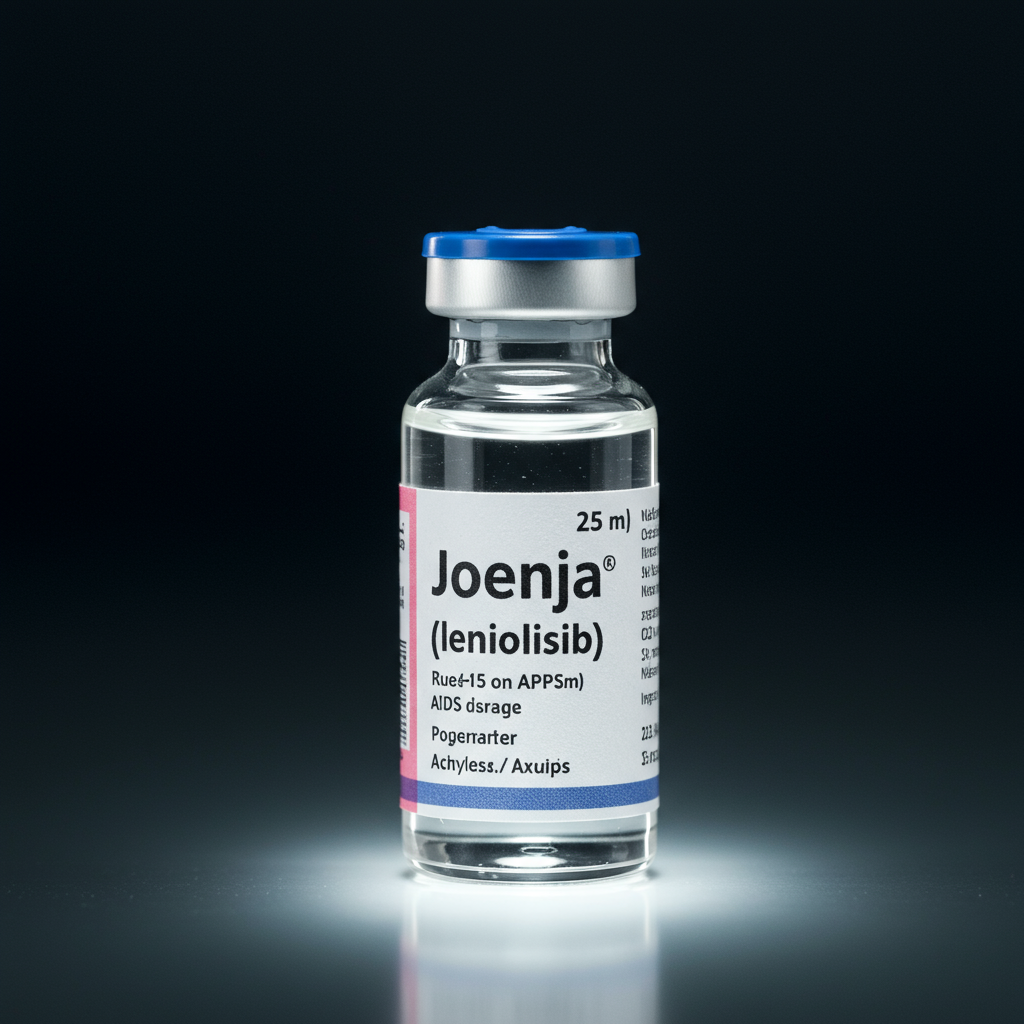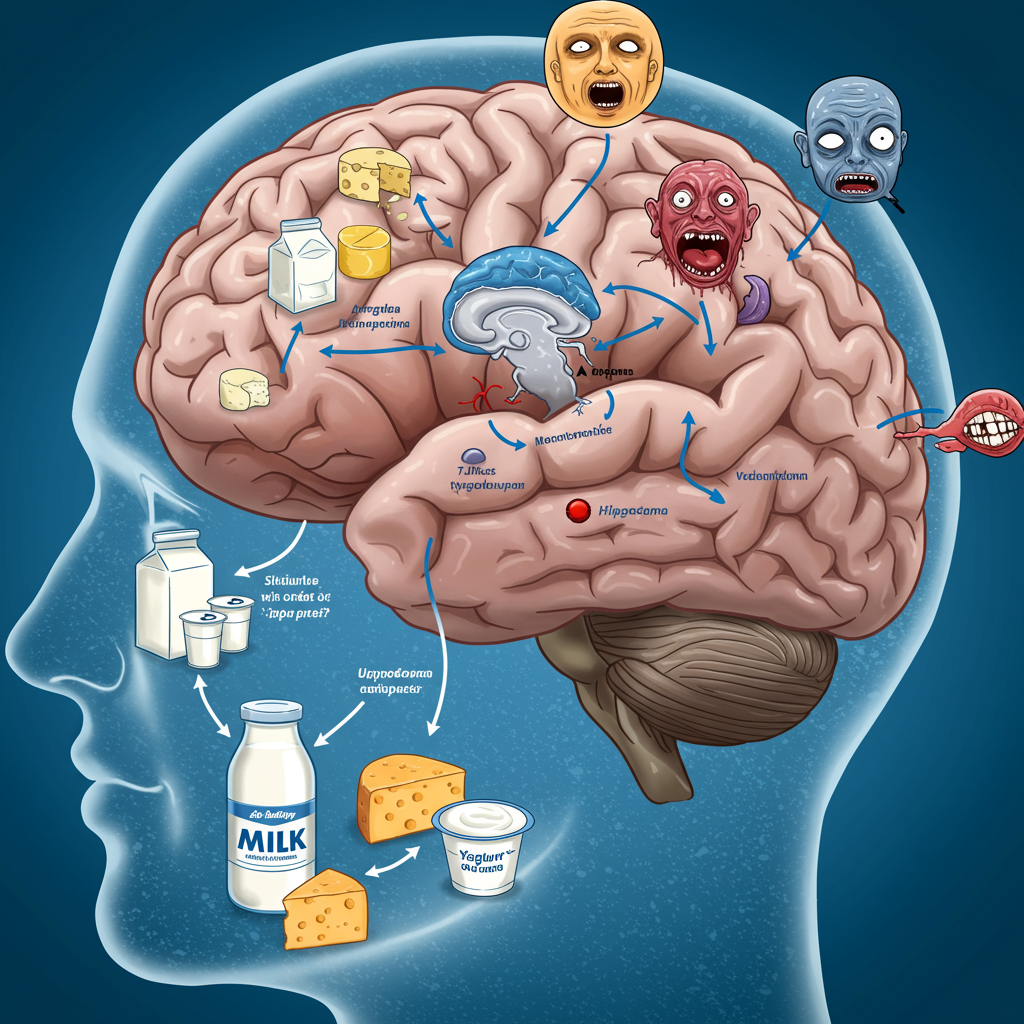A groundbreaking new medication is bringing unprecedented hope to individuals and families battling an ultra-rare genetic disorder. For the first time, a targeted treatment offers the potential for a normal life, changing the trajectory of a condition that has historically led to severe health issues and early death. This innovative drug, known as leniolisib (branded as Joenja), marks a significant milestone in the fight against Activated PI3-kinase Delta Syndrome, or APDS.
What is APDS? Understanding the Rare Immune Disorder
Activated PI3-kinase Delta Syndrome (APDS) is an incredibly rare inherited condition. It affects the immune system, specifically disrupting the normal development and function of white blood cells. This critical disruption stems from a genetic mutation that causes an enzyme within these cells to be stuck in an “on” position all the time.
This constant enzyme activity leads to a dysregulated immune response. patients with APDS become highly vulnerable to repeated, severe infections. These infections, particularly in the lungs, can cause irreversible damage over time. Beyond infections, the condition can also cause organs and lymph nodes to swell abnormally. The body’s own immune system may even begin attacking healthy tissues. Tragically, individuals with APDS face an increased risk of developing lymphoma, a type of blood cancer affecting white blood cells. APDS is passed down through families, carried on the maternal line, meaning there is a 50% chance affected women will pass the faulty gene to their children.
A Life Transformed: Mary Catchpole’s Story
The profound impact of this new treatment is perhaps best illustrated through the experience of Mary Catchpole. A 19-year-old from Norfolk, Mary is the first patient in Europe to receive the newly licensed Joenja therapy. For Mary and her family, APDS is a devastating reality they know all too well. She tragically lost her mother, grandmother, aunt, and uncle to the same condition, all at young ages.
Mary grew up acutely aware of the risks. She suffered from regular, debilitating chest infections throughout her childhood. Managing her condition required frequent hospital visits, repeated courses of intravenous antibiotics, nebuliser treatments, and immunoglobulin replacement therapy. “It was always a fear that I would die young too,” Mary shared, echoing the fate of her relatives. The weight of this fear shaped her life, limiting her activities and aspirations.
Leniolisib: The First Targeted Therapy for APDS
Prior to leniolisib, treatment options for APDS were largely focused on managing symptoms or involved high-risk interventions. For example, one of Mary’s cousins received a bone marrow transplant, a procedure known to carry significant potential complications. Leniolisib represents a completely different approach – it’s the first targeted therapy specifically designed for APDS.
The drug works by directly addressing the root cause of the problem. Taken as a tablet twice a day, leniolisib blocks the overactive PI3-kinase Delta enzyme. By inhibiting this constantly “switched-on” enzyme, the drug allows the immune system to begin functioning more normally. Dr. Anita Chandra, a consultant immunologist at Addenbrooke’s Hospital and Mary’s consultant, described the drug as a “potential cure,” a term carrying immense significance for this life-threatening condition.
From Lab Discovery to Patient Treatment in 12 Years
The journey to this breakthrough highlights the power of dedicated research and patient collaboration. APDS itself is a relatively recent discovery, identified in 2013 by researchers at the University of Cambridge and clinicians at Addenbrooke’s Hospital. Notably, Mary’s family played a pivotal role in this initial research, volunteering for studies that helped scientists pinpoint the faulty gene responsible for the disorder. Her father, Jimmy Catchpole, explained their motivation was simple: “We just wanted to help, not just for our own sakes, but we’d heard there were other rare cases.”
Professor Sergey Nejentsev from the University of Cambridge, who led the discovery research, commented on the rapid progress. “As soon as we understood the cause of APDS, we immediately realised that certain drugs could be used to inhibit the enzyme that is activated in these patients. Leniolisib does precisely that.” The transition from identifying the genetic cause of a new disease to having an approved treatment available on the NHS within just 12 years is remarkably fast in the realm of rare diseases.
Accessing Joenja on the NHS
While leniolisib carries a high list price, estimated at £352,000 per year, its approval for use in England offers access to eligible patients. The health regulator, NICE (National Institute for Health and Care Excellence), approved the drug as cost-effective after the NHS successfully negotiated a substantial, confidential discount with the manufacturer.
This approval means that eligible patients in England, estimated by the NHS to be up to 50 individuals over the age of 12, could potentially benefit from this life-changing treatment. Professor James Palmer, NHS England’s Medical Director for Specialised Commissioning, affirmed the significance, stating the treatment “could be life-changing for those affected by this debilitating genetic disorder.” This step underscores the NHS’s commitment to making innovative medicines available for patients with rare conditions, despite the inherent challenges and costs associated with developing and pricing treatments for small patient populations.
Looking Forward: Hope and New Possibilities
For Mary, the change has been almost immediate. She has been taking the Joenja tablets for less than a month but has already been able to stop some of her previous intensive medications. The drug has brought “hope and joy,” transforming her outlook on the future. No longer constrained by the constant threat of severe infection and the demands of chronic illness, she feels empowered. “I feel like I can do anything,” she stated, though she also acknowledged the “bittersweet” reality that her beloved family members passed away before this treatment was available.
Mary is now rethinking her future possibilities. She dreams of going on more adventures and taking risks – simple things denied to her by the constant need for caution. Her aspirations include becoming a dance teacher while continuing her work as a teaching assistant, paths that previously felt precarious due to her health. The availability of this treatment allows patients like Mary to envision a future where APDS no longer dictates every decision, offering the chance to pursue a more normal, fulfilling life. Her father encapsulated this feeling, saying Joenja is “something I have dreamt about since Mary was first diagnosed; it is giving her the chance to live a normal life.” This breakthrough provides not just medical treatment, but the invaluable gift of future possibility for APDS patients.
Frequently Asked Questions
What is APDS and how does it affect patients?
Activated PI3-kinase Delta Syndrome (APDS) is a rare, inherited genetic disorder causing the immune system to malfunction. A faulty enzyme is constantly “on,” disrupting white blood cell development. This leads to severe, recurrent infections (especially lung infections), organ and lymph node swelling, autoimmune issues, and increased lymphoma risk. It’s a progressive condition causing significant illness and reducing life expectancy.
How is the new drug, leniolisib (Joenja), accessed for APDS patients in the UK?
Leniolisib, branded as Joenja, has been approved for use in England by NICE (National Institute for Health and Care Excellence) after the NHS negotiated a confidential discount. It is available through the NHS for eligible patients over the age of 12 who meet specific criteria for the condition. Patients should consult their immunologist or specialist for evaluation and access.
Is leniolisib considered a cure for APDS, and what are its benefits compared to older treatments?
Leniolisib is described as a “potential cure” by medical experts because it targets the underlying genetic defect by blocking the overactive enzyme, allowing the immune system to function more normally. This differs significantly from previous approaches which focused mainly on managing symptoms (like antibiotics for infections) or involved risky procedures (like bone marrow transplants). Joenja offers a less invasive, targeted treatment aiming to fundamentally correct the immune system’s dysfunction.
Word Count Check: 1032 words




